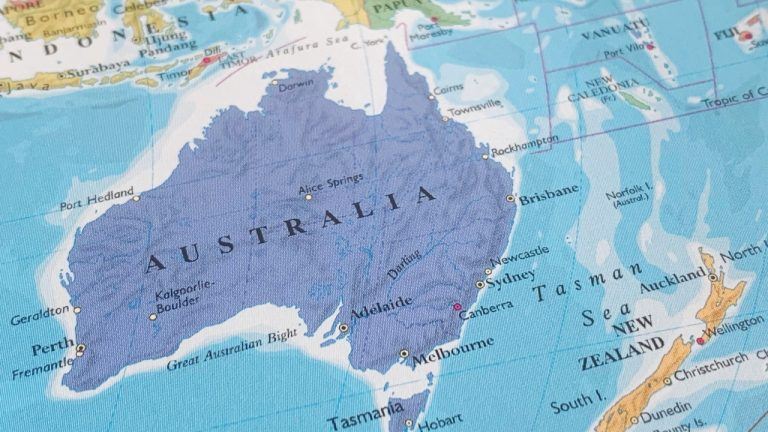ARTICLE AD BOX
We have finally entered the last week of the eventful 2024 US Elections, and just a day ahead of the final vote, let us take a quick look at what experts and polls believe ‘Donald Trump vs Kamala Harris clash’ has in store for crypto and global economy.
The 2024 U.S. elections have been particularly significant due to the backdrop of the ongoing Israel-Iran conflict, Russia-Ukraine conflict, and ongoing BRICS’ talks of de-dollarization. While these geo-political affairs signify global challenges, US citizens are also looking at the ‘Donald Trump vs Kamala Harris’ election clash, as a game-changer for free-speech, decentralization and thus, crypto regulations. Current political betting odds reflect this dynamic, with Trump positioned as a frontrunner and Harris as a strong competitor, indicating a competitive race that could heavily influence cryptocurrency policies. The concept of crypto political betting is gaining traction, as investors assess the implications of election outcomes on market trends. As a result, the elections accompanied with the Fed meeting due this week, have kicked off a volatile crypto market already, with Bitcoin dipping from $73K to $68K.
Commonwealth Bank of Australia: If Harris wins, the dollar could depreciate by 1%-2% this week
In addition to the crypto market, a ripple effect on the dollar is certainly expected depending on who assumes the US Presidency. The global economic and market research team at Commonwealth Bank of Australia (CBA), has, thus stated in a report that the dollar is “likely to trade in a wide range this week” due to the election. The team said that if Trump leads in the early counting of in-person votes, the dollar could rise but if Harris wins, the dollar could depreciate by 1%-2% this week.
JP Chief Global Strategist: If Harris wins, the economy may continue on its path to a soft landing
If Trump has found some positive predictions for Australia, then insights from JPMorgan Asset Management, David Kelly shed positive light on Kamala Harris’s candidature. Kelly stated that if Trump wins the U.S. election this week, the Federal Reserve may earliest pause its easing cycle in December because Trump’s expansionary fiscal policy plan would raise inflation and prevent interest rates from falling.
Kelly pointed out that if the Republican Party achieves a sweeping victory in Trump’s win, more expansionary fiscal policies may be introduced, potentially triggering a trade war, widening the deficit, and thus leading to higher interest rates.
Meanwhile, Kelly believes that if Vice President Harris wins, the economy may continue on its path to a soft landing. As a result, the Federal Reserve may stick to its expected accommodative policy path.
Polls Take:
While experts’ opinions on the election were mixed, polls also tell an important story:
- Big data analysis firm AtlasIntel polls revealed that Trump is leading Harris in all 7 swing states, with particularly significant advantages in Arizona and Nevada. The competition remains tight in the key Rust Belt states including Michigan, Wisconsin, and Pennsylvania, as per AtlasIntel.
- Another poll from the erstwhile Republican state of Iowa, is really remarkable as it showed Vice President Harris leads former President Trump among potential voters with 47% to 44%. Note that the September polls from “Scarlet State” of Iowa had shown Trump leading Harris by 4% points, while a June poll in Iowa showed Trump leading the then-Democratic presidential candidate Biden by 18% points.
- Lastly, yesterday’s New York Post poll showed both Trump and Harris have a support rate of 49%. Compared to the previous poll, Harris’ support rate had dropped by 2%.
Overall, the 2024 U.S. presidential election between Donald Trump and Kamala Harris stands as a pivotal moment with significant implications for global markets, crypto regulations, and the U.S. economy. Even as expert opinions and polls paint a mixed yet revealing picture, the outcome will undoubtedly shape economic policies and market dynamics in the weeks to come.
Also Read: Joe Rogan, Trump, and the Free Speech Revolution in Decentralized Media
 (1).png) 3 weeks ago
27501
3 weeks ago
27501









 English (US) ·
English (US) ·